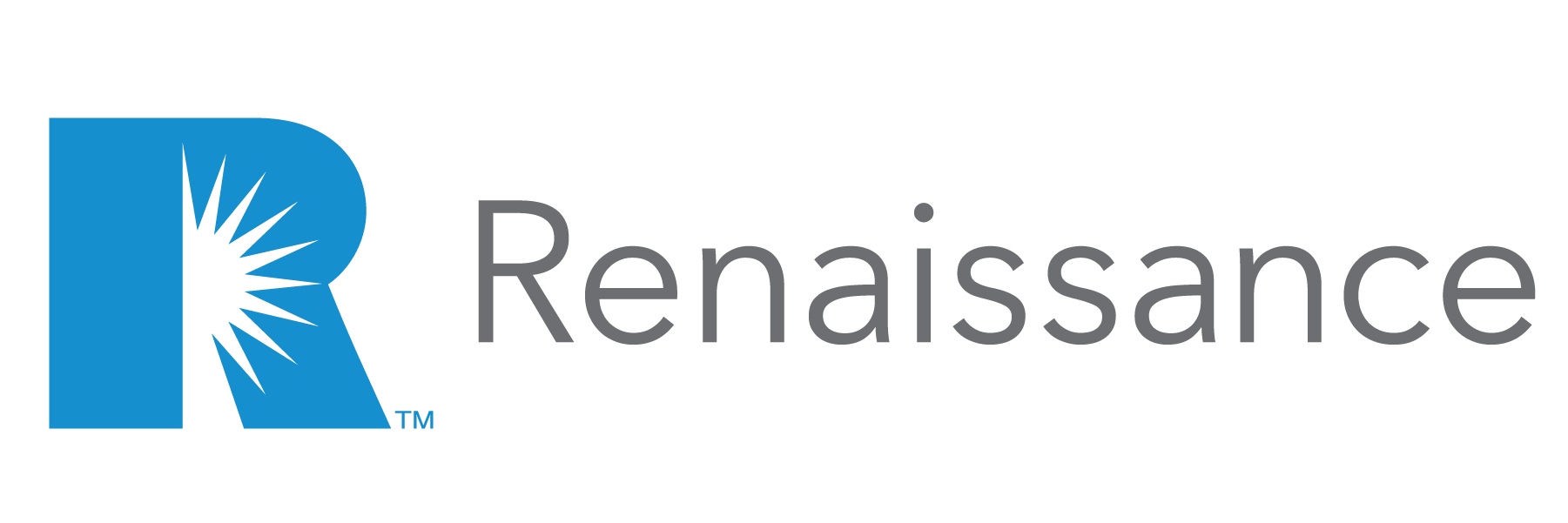If the adage is true that even the greatest enthusiasm is no substitute for planning, independent insurance agents know that both are required in order for an agency to succeed.
An insurance agency business plan is therefore essential, especially for brand-new agencies in addition to established firms. A thoughtfully developed plan provides you direction for your efforts and structure for ongoing business development.
Without a plan, all you have is good intentions – and those won’t get you where you want to go. A map, on the other hand, will.
With this in mind, let’s dive into how to create a business plan for insurance agents and the things you’ll need to do to set your agency on the path to success.
Why is an agency business plan important?
A well-constructed insurance agency business plan helps you to set realistic goals, define your needs for specific resources, and focus your attention on the essential must-dos for accelerating your business.
As the principal, you must continually refine your vision for what you ultimately want to achieve: the type of business you want to run, its operations, its cash flow, its culture, and its workflows. Then, you can list the necessary steps to reverse-engineer the ideal agency that you’ve pictured.
Not only will the business plan for your insurance agency serve as a tool for internal management and decision-making, but it’s also extremely useful in conveying the vision for your business to other parties. Among these are investors, lenders, and potential partners – and new insurance carriers will often want to review your agency’s business plan before they’ll partner with you.
It’s worth noting that over time, the business plan for an insurance agency can and will change, and the agency owner must be flexible in both thought and execution as a new agency is forged. For example, you may envision writing a large portion of your agency’s book of business in a certain line, and later discover that market conditions or intense competition will encourage you to pivot to other lines that may also prove profitable.
What should be included in the business plan for an insurance agency
Agency principals will create a comprehensive summary that mindfully considers everything from the agency’s location and target markets to the products it will offer.
To get started, let’s review the various sections that make up a comprehensive business plan, and how each section contributes to the overall plan’s effectiveness.
Your insurance agency business plan should run about 5,000 words, outlining the following in detail:
- An executive summary detailing your “vision” for your agency
- Description of your company
- List of the insurance products your agency plans to offer
- Business analysis of your market
- Your agency’s marketing strategy
- Organizational structure
- Your agency’s financial plan
- Agency funding needs
If you’re already thinking, “I’m not a writer; I can’t do this,” fear not. You’re summarizing what you’re setting out to achieve and how you plan to get there – not writing a sonnet. Once you start writing, you’ll be surprised how far you’ll get.
The aforementioned word count, while a solid goal, isn’t set in stone. Don’t pad what you’re writing; stick to the facts. In the end, your business plan should be thorough, useful to you, and appealing to investors.
Let’s break down each of these sections one by one.
Executive summary
Think of this section as a concise overview of the overall business plan for your agency – your mission statement. Include highlights of your agency’s mission, goals, and its competitive advantage. Highlight your agency’s projected growth and potential profitability.
Be realistic and truthful in your assessments. It’s good to be optimistic, but not pie-in-the-sky level, especially for new agencies. Remember, you could find yourself answering to an investor sometime in the future.
Company description
Here’s where you explain what makes your agency special. Tell your story powerfully. What’s your vision for your organization? How would you describe your company culture? How do you recruit new talent?
What is your target market? What are your customer demographics? Who will be selling, and what are their strengths? How do you manage your relationships with your insurance carrier partners? What types of agency technology do you leverage in your customer service efforts?
Offer details on what you consider your unique selling proposition. Do you offer specialization in certain lines of business? If so, explain the inherent value in the expertise you possess.
Keep this question in mind as you write: What makes your firm exceptional, and why would someone want to invest in it?
List of products
The composition of your agency’s book of business is critical, and here you’ll lay out exactly what products you’re selling (or plan to sell). Provide a detailed breakdown of the insurance products and services offered by your agency, including a brief explanation of each product’s features and benefits.
In addition, include ideas for expanding your product lineup in years to come.
Market analysis
Investors and carriers alike want to know that you possess comprehensive knowledge of both your local insurance market and the forces influencing the wider industry. Offer analysis of your agency’s target market, including the demographics of your potential clients.
Then, provide a thorough analysis of the insurance industry’s current challenges and evolving exposures, with emphasis on how those trends affect the types of clients you serve. (This section doesn’t need to be exhaustive – again, don’t pad it – but it should reflect your macro perspective on the P&C market as well as how market forces will factor into your pricing and risk selection.)
Marketing strategy
How do you market your agency to prospects? Do you utilize digital marketing, social media, or create content that will resonate with potential customers? Community engagement is key in endearing your business to local prospects, as are networking events.
Detail your marketing strategy, and explain which types of outreach you’ve found most effective.
Note: As an agency owner it’s especially important to be flexible with your plans in this area, as certain approaches may prove less effective over time. When they do, you’ll need to pivot.
Organization and management
Effective leadership and a clear organizational chart will contribute greatly to your agency’s success. In this section, lay out your agency’s organizational structure – the hierarchy of your leaders. Include profiles of key team members, highlighting their various expertise.
Financial plan
Here’s where you begin to get more detailed on dollars and cents. Offer your realistic financial projections for your agency, taking into account expenses, revenue, and projected profitability.
Your projections should include a breakdown of any and all financial forecasts and possible variables taken into consideration. Contingency plans to address potential financial challenges should likewise be included.
Agency funding
Your agency’s financial needs are assessed in detail here. Apply your knowledge of what you want your agency to achieve, versus what it will cost. This includes (but is not limited to) rent, payroll, utilities, phone service, and business insurance.
Include the purpose behind each expenditure, and demonstrate how funding for your firm will be used to cultivate growth.
By the time this section is complete, you’ll have an informed understanding of exactly what it will cost to fund your organization – and how much you may need to borrow to manifest your vision. Provide an outline of potential sources of funding, including personal investments, loans, or investors.
What is the Best Business Structure for an Insurance Agency?
There are several business structures you can consider for your agency, each with various benefits. These include:
- Sole proprietorship
- Partnership
- LLC
- Corporation
There are various legal, financial, and operational factors to consider in selecting the structure that’s best for you, which we’ll explore in greater detail in a future blog.
How your insurance agency business plan will evolve
As your agency evolves over time, so too will your firm’s business plan. It’s best to revisit and refine your overall plan at least every seven to 12 months, in order to chart your progress and adopt new strategies that will help to continuously drive revenue.
The path to agency success is long and at times extremely difficult, but thoughtful planning will aid your firm’s execution and growth for years to come.



